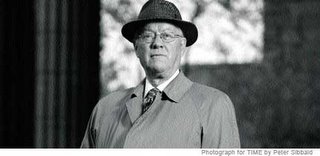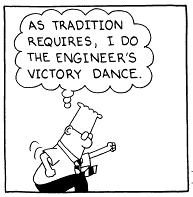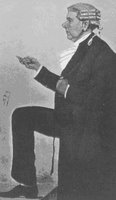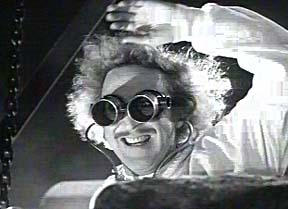
Apparently only a few people under 50 can make a perfect score on this one. I had a perfect score but I am well over 50 (and anal to boot!)
Of course you can Google the questions, so we're depending on the honor system here.
1. After the Lone Ranger saved the day and rode off into the sunset, the grateful citizens would ask, "Who was that masked man?" Invariably, someone would answer, "I don't know, but he left this behind." What did he leave behind?_______________________.
2. When the Beatles first came to the U.S. in early 1964, we all watched them on the, _______________ show.
3. Get your kicks, _______________.
4. The story you are about to see is true. The names have been changed ____________________.
5. In the jungle, the mighty jungle,_________________________.
6. After the twist, the mashed potatoes, and the watusi, we "danced" under a stick that was lowered as low as we could go in a dance called the_________________________.
7. N_E_S_T_L_E_S, Nestle's makes the very best, _____________.
8. Satchmo was America's "ambassador of goodwill." Our parents shared this great jazz trumpet player with us. His name was, ____________________.
9. What takes a licking and keeps on ticking _________________.
10. Red Skelton's hobo character was _______________________. and he always ended his television show by saying, "Good night, and _____________________________."
11. Some Americans who protested the Vietnam war did so by burning their_________________.
12. The cute little car with the engine in the back and the trunk in the front, was called the VW. What other names did it go by?_____________________&_________________
13. In 1971, singer Don MacLean sang a song about, "the day the music died." This was a tribute to_________________________.
14. We can remember the first satellite placed into orbit The Russians did it; it was called ____________.
15. One of the big fads of the late 50' s and 60's was a large
plastic ring that we twirled around our waist; it was called the __________ ___________.
ANSWERS:
_________________________________________________________________________
Answers:
01. The Lone Ranger left behind a silver bullet.
02. The Ed Sullivan show.
03. Route 66
04. to protect the innocent.
05. The Lion sleeps tonight.
06. The limbo
07. chocolate.
08. Louis Armstrong
09. The Timex watch.
10. Freddy the freeloader, and "Good night, and may God Bless."
11. draft cards (the bra was also burned)
12. Beetle or Bug
13. Buddy Holly
14. Sputnik
15. hoola-hoop
From
Blonde Sagacity.
* Although the Supreme Court of Canada may have the
last word on this, "kemosabe" is not a racist slur. Apparently,
the term comes from the name of a boys summer camp in Michigan and in Navaho means "soggy bush" or "soggy shrub".

















































